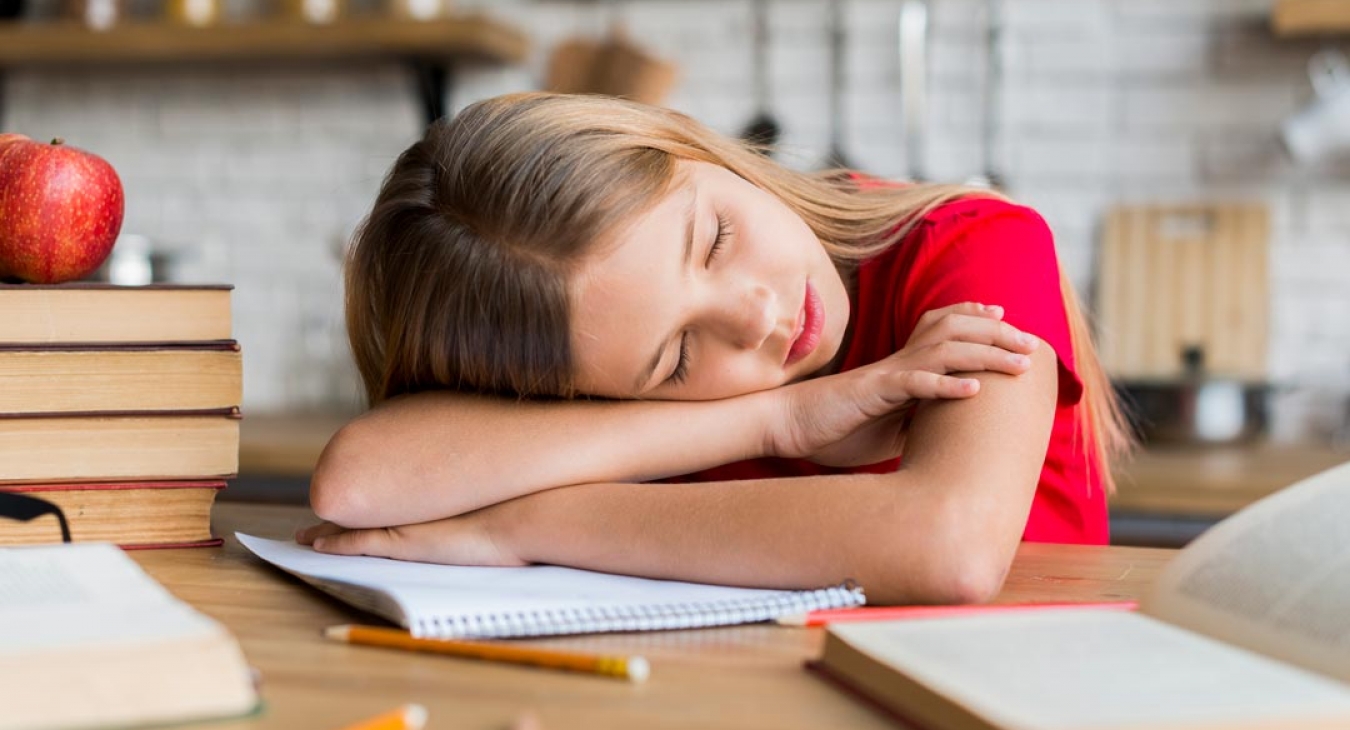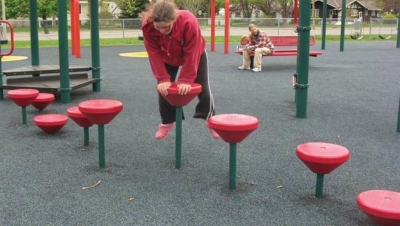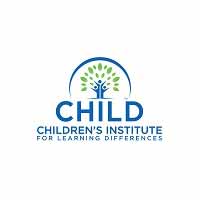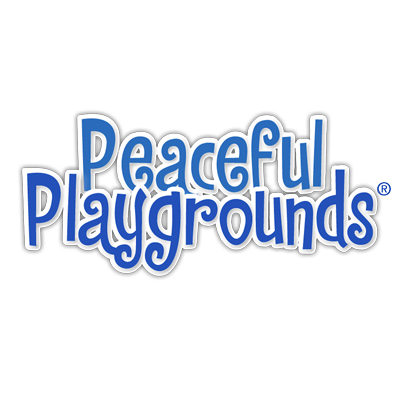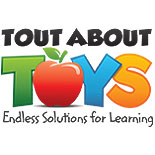Recreational and Educational After School Programs
The benefits of after school activities for your children far outweigh the costs and travel time usually associated with such activities. When they participate in after school activities they exercise, socialize with friends and the activity becomes an outlet for creativity and builds self-confidence.
Many children often come home after school and have nothing to do for a few hours until their dinner time. Most children are likely to get completely bored and restless when faced with nothing to do and more often than not bored children can be quite a handful and can test your patience to the limit.
Areas of Programs
To avoid this scenario, several parents are now turning to after-school programs to help keep their children active and stimulated. The three broad areas of after school activities are recreational, educational, and society-oriented. The third type of activity is most often something that older children participate in when they are old enough to make their own conscious decisions.
Educational Activities
The main goal of educational activities is to further the knowledge of your child or to help them with problems they may be having in school. The main focuses of educational after school programs are to increase general awareness, increase understanding, and improve memory. Some academic programs will help your child with their homework and give them more in-depth knowledge about subject areas they are studying in school. Sometimes educational programs are designed to intensely work on one area such as memory training. For children that are lagging behind or for children that have exceptional skills, these programs can be very beneficial to help hone your child's skills.
Recreational Activities
The main goal of recreational activities is to help children learn about other types of skills other than their academic skills. Examples of recreational activities are sports, games, fine arts, and painting. It is important for children to have fun and if they can pick an activity that they are interested in they will be more likely to want to learn more about it. The skills of the child are often tested in sporting events, competitions, and stage performances which help encourage a child to do their very best.
Educational and recreational activities each have their own merits. However, I personally believe that recreational activities are better for your child. First, kids are subjected to learning in school all day often times about things that don't really interest them. If you want to encourage them to keep learning they need to be doing an activity that they enjoy. If your child has to keep learning about things they are not interested in they may become overwhelmed and frustrated. This will no doubt eventually lead to burnout.
Children can also be mentally challenged when participating in recreational activities. It is not simply all fun and games. They learn valuable skills such as discipline, patience, perseverance, and social skills. If your child participates in physical activity, it will also help them release the energy that they have built up during the day and help keep them physically healthy. Children who participate in extracurricular activities that are not education-based actually get better grades. This goes to show that children need a break from textbook learning and need to be able to focus on something that is more interesting to them.
Wrapping Up
The overall goal of after school activities are to stimulate both body and mind for your child. The opportunities for children to grow socially and intellectually will increase their self-confidence and allow them to explore activities beyond school and the home. It is wonderful to see young people develop and fulfill their potential outside the boundaries of school.


